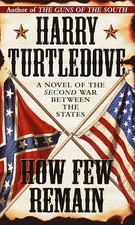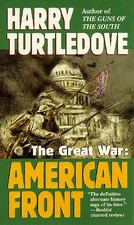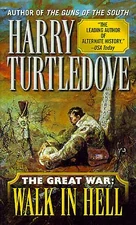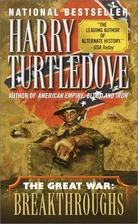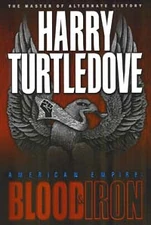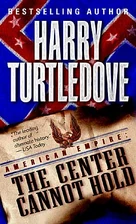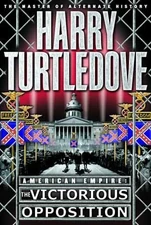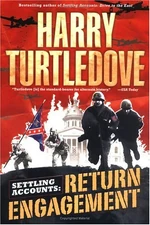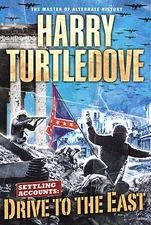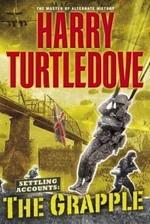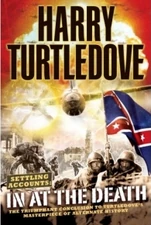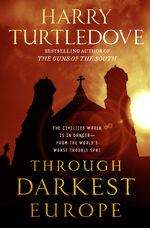Crimes against humanity, as defined by the Rome Statute of the International Criminal Court Explanatory Memorandum, "are particularly odious offences in that they constitute a serious attack on human dignity or grave humiliation or a degradation of one or more human beings. They are not isolated or sporadic events, but are part either of a government policy (although the perpetrators need not identify themselves with this policy) or of a wide practice of atrocities tolerated or condoned by a government or a de facto authority. Murder; extermination; torture; rape and political, racial, or religious persecution and other inhumane acts reach the threshold of crimes against humanity only if they are part of a widespread or systematic practice. Isolated inhumane acts of this nature may constitute grave infringements of human rights, or depending on the circumstances, war crimes, but may fall short of falling into the category of crimes under discussion."
The phrase was first used by the Entente during World War I to protest the genocide against Armenians by the Ottoman Empire. The victorious Allied Forces of World War II codified the concept to an extent. The most well known trials for such crimes were the Nuremberg Trials.
Crimes against humanity in "The Breaking of Nations"[]
When Pacifica declared independence, one of the first acts of President Nicole Yoshida was to shut down the ICE operation at Camp Calexico. Upon seeing the appalling conditions which detainees, including children, were held in, Yoshida announced her intention to try the camp's commanders for crimes against humanity. One guard captain protested that "we were only following the commands our superiors gave us," which Yoshida found trite and unconvincing.[1]
Crimes against humanity in Southern Victory[]
Crimes against humanity was a charge created by the United States for use in trying captured Confederate and Freedom Party officials after the end of the Second Great War. It covered acts committed during the program of genocide, known as the "Population Reduction," against blacks in the fallen CSA.
Upon the ending of hostilities every Confederate soldier, officer, government and party official was screened by US officers for possible roles in the Population Reduction. Several of them were placed on trial, including former high-ranking Featherston Administration officials Ferdinand Koenig and Saul Goldman, both of whom were hanged after conviction and sentencing. Camp commandants and officials such as Jefferson Pinkard, Vern Green, and Mercer Scott were also tried, convicted, and hanged for their roles in the Population Reduction.
Observers, as well as the men on trial themselves, considered the charge vague and worried that US officials were using it as an excuse for victor's justice. Many U.S. authorities didn't disagree with this assessment, nor did they care about it.
Crimes against humanity in Through Darkest Europe[]
In the 14th century AH, Indian warlord Faruq al-Ghaznavi was convicted and executed for crimes against mankind for his organized massacre of four million Tamils.[2]
References[]
- ↑ And the Last Trump Shall Sound, pgs. 38-39.
- ↑ Through Darkest Europe, pg. 50, HC.
| |||||||
| ||||||||||

